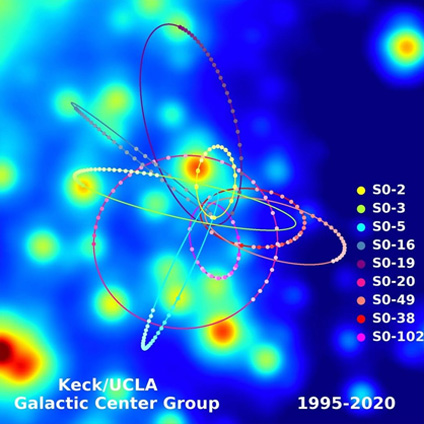Foundations Seminar
Vera Matarese

Description
Fixed point realism, Hubble trouble and the hypothesis of early dark energy
Abstract: The discrepancy in the values of the Hubble constant obtained through different measurement methods has led to various possible solutions, one of which is the hypothesis of early dark energy. Proponents of this hypothesis argue that our model of the universe must include an additional ingredient, early dark energy, in order to resolve the so-called “Hubble trouble”. I emphasize that we must carefully assess how this hypothesis would resolve the tension. If early dark energy models address the discrepancy by incorporating the data of Hubble measurement results, the debate should center on whether one should adopt a realist or anti-realist stance toward these measurements. I argue that fixed-point realism, a philosophical perspective commonly employed in astrophysics, would suggest an anti-realist view of the Hubble constant measurement results, thereby inviting skepticism about how early dark energy models often resolve the tension. This underscores the deep connection between the epistemic justification of our beliefs about measurement results, our metaphysical commitments to these results, and the viability of our scientific hypotheses.
When
Tuesday, October 8, 2024 9:30 AM



